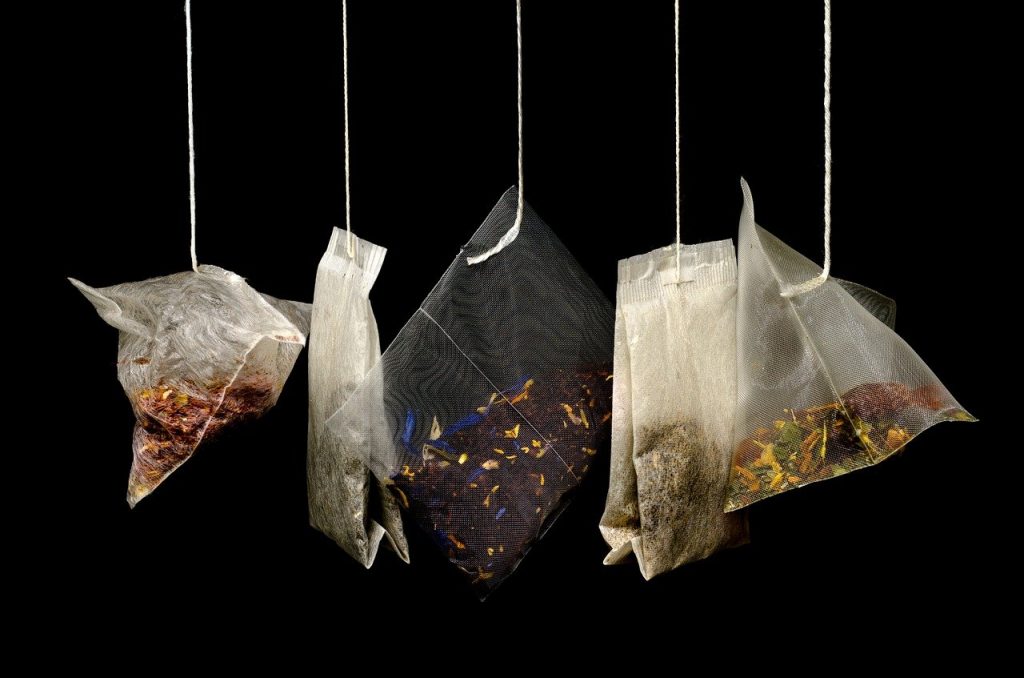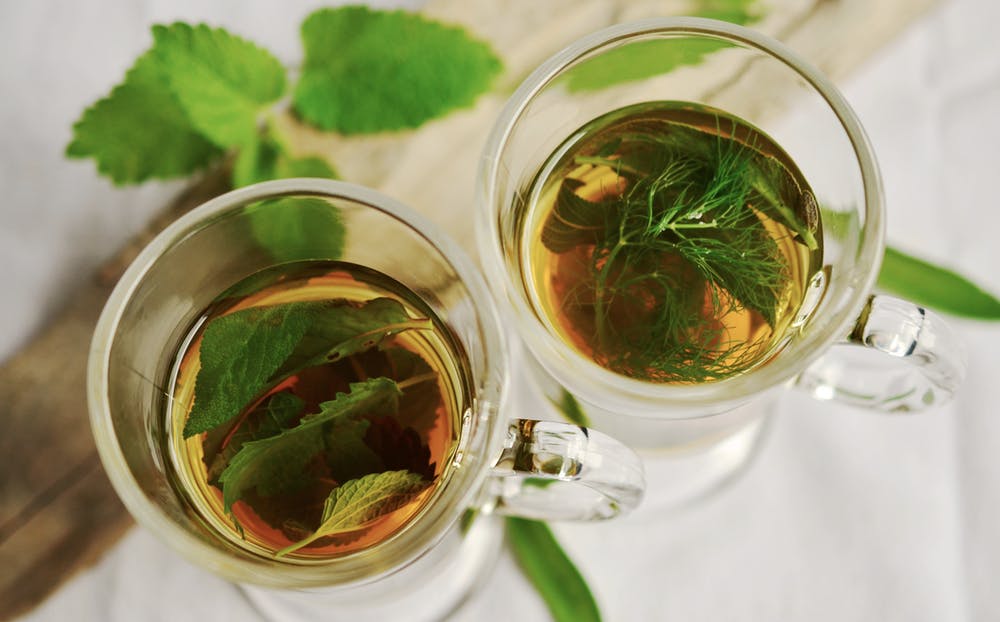Mental Health in Winter – 6 months on and restrictions are taking their toll on even the most upbeat of us and although lockdown was difficult in summer, one in the darker months brings its own specific challenges.
Many women also find that not only are they juggling the bulk of the domestic load, working from home, sometimes sharing their workspace with a partner is not always easy and the disappearance of boundaries between work and home can really take their toll.
A Zoom call with a client while trying to stop the dog destroying the garden, forgetting to switch off the washing machine’s deafening spin cycle, and making the ultimate choice between continuing an important conversation or answering the door to the Tesco guy. These are just a few of the moments of heightened stress I’ve heard of recently.
So much as we may hate our morning and evening commute at times, it serves us well as a distancing tool and sets the boundaries around our work and home life. We get to concentrate better, take clearer breaks, and not try to jam in the housework while we eat lunch. Not to mention missing the moral support of colleagues. On the way into work, we leave home life behind and can get ourselves ready to face the day. In the evening we have the time to filter out the stresses of the day so that we arrive back ready to engage with our families or our own self-care. Remove those and we remove the full stops on our working day. And that means that our mood loses its ability to reset.
Even in the most difficult circumstances, there are always things we can do to help keep our spirits up. The top priority for me is always to spend a little time outdoors because nature is always the quickest, easiest and cheapest way to improve our wellbeing. Being in nature has been shown to reduce our stress levels and improve our mood and a good brisk walk can increase our endorphin (feel-good chemical) levels in the brain. In winter, getting some daylight every day is crucial for mood and if you suffer from SAD (Seasonal Adjustive Disorder) a daylight lamp will allow you to expand your daylight time even more.

Next, stock up on essential supplements to keep you healthy through the winter. Make sure you take vitamin D, the sunshine vitamin that both combat SAD and boosts our immunity. Magnesium is also beneficial when we are feeling anxious and it can improve our quality of sleep and Vitamin C helps our immune system to function effectively, helping us ward off coughs colds and other bugs that can make us feel even worse.
Lastly, rather than reaching for the same old cuppa, try to turn your next cuppa into a supportive medicine for your body by drinking a herbal brew instead. Tea companies have produced a wonderful array of herbal infusions in the past few years that taste and smell delicious while supporting your health. I know because as the Twinings herbalist I’ve been helping them! If you’re feeling stressed, caffeine will only exacerbate that, whereas a calming blend can help you to feel better overall. Look for blends with names like relax or calm and with ingredients like chamomile, lemon balm or lime flower. For times when you do need to be on your toes, there are blends to help boost your energy without the caffeine or delivering caffeine in a slow-release form that is less likely to give you the jitters. My favourites include cardamom, rosemary or guarana.
Download my free guide to caffeine alternatives with more information on the five herbal superpowers you need in your next cuppa.
Pamela Spence
Medical Herbalist


